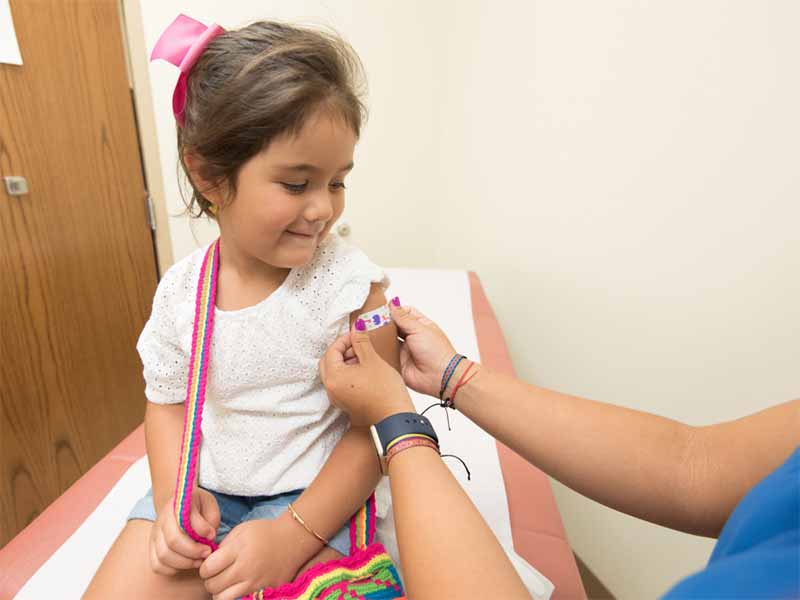There is a lot of funny back and forth on here based on incomplete information and misconceptions. Some folks should slow down a bit as you're just jamming the means.
1. The concept of a "getting in line for vaccines" can be unhelpful, the reality is that different countries have different contracts with pharmaceutical companies. These contracts stipulate things like guaranteed delivery schedules. These contracts are close hold, but one could extrapolate that countries that are quicker to sign vaccine procurement contracts and/or agree to pay a premium will get a better contract with preferential access to limited supply. Case in point is the secret to Israel's lack of supply issues.
Order early, pay a lot, digitize distribution and stretch the supply. That is how Israel came to be a leader of the world's COVID-19 vaccination drive, reaching nearly 15 per cent of the country's 9.3 million population in about two weeks.

www.ctvnews.ca
2. I'm always suspicious of comparisons with other countries. Israel was held up as the exemplar, but Israel is smaller than most of our provinces, has a unitary state (which means no federal/provincial coordination requirements), only requires one central warehouse, and has a road network that enables a vaccine arriving in country to be moved anywhere in a few hours. Compare this to some of the challenges faced in Canada. Context is important.
3. Despite the kink in supply in February, the rate of supply and vaccination has been increasing significantly across the country. The target date in July wasn't briefed off a hunch or a wing and a prayer. Based on the continuous increase of supply and the rates of vaccination across the country (provinces are moving through 10-year age cohorts roughly every 1 to 1.5 weeks), there is no convincing evidence to suggest Canada won't make its stated goal of having a dose for all adult Canadians by July.
4. The rollout of vaccines is accelerated by the decision to delay the second dose. This is not a "trick to look better" or a "mass experiment," but was rather informed by hard data examined in detail by the National Advisory Committee on Immunization (NACI). This is a conscious decision to try and get as many people a very good degree of protection first to reduce the effects of the pandemic. For those who are skeptical, I encourage you to read their recommendations and the evidence behind it.
Guidance for equitable, ethical, and efficient allocation of authorized COVID-19 vaccines in the context of staggered arrival of vaccine supply.

www.canada.ca
5. For those who are concerned about Astrazenca's efficacy numbers, remember that some protection is better than none at this point, and consider that many other vaccines we traditionally accept with no issues have lower effectiveness rates.
According to a Feb. 21 <i>Morbidity and Mortality Weekly Report</i> from the CDC, the current influenza vaccine has been 45% effective overall against 2019-2020 seasonal influenza A and B viruses.

www.aafp.org
6. For those worried about clotting, compare the number of people who had problems to the number of people who have received the Astrazeneca vaccine. Compare that percentage with some more common risks that we readily accept and then come back to me. For those pointing to cases of infection after vaccination, remember that ALL vaccines have a certain degree of effectiveness. This means that it won't work for some, as every immune system is different. You shouldn't be surprised that some folks will get vaccinated and still get sick, but you should be comforted by the fact that these vaccines are showing to be very good so far.
7. A lot of people seem to be thinking that various governments are "hiding vaccines in fridges" or "unable to administer doses." Ontario seems to really get accused of this a lot. I'd argue that people making these arguments likely misunderstand how a supply chain works, and that a vaccine that arrives in Canada from overseas isn't readily available to stick in an arm. There is always vaccine "in the system" as it moves through the pipeline. An official from Ontario did a great job of explaining his provinces situation on Twitter which is worth the read:
8. While it is clear that the situation with the pandemic in mid-April is not rosy, largely due to the influx of SARS-Cov-2 variants into the country, we shouldn't mix assessments of "pandemic situation" with "vaccination rollout." Is Canada's rollout perfect? No, of course not, and I'll be interested to see the forensics of the effort once this is all behind us. But let's not lose sight of the forest for the trees. As someone indicated earlier, Canada and the World have benefited from a remarkably quick development of vaccines that DID NOT cut corners and relied on a couple decades of cutting edge mRNA work. The world's S&T base is doing what it needs to do. Canada has a steady supply of good vaccines now, and supply is ramping up. Despite some bumps in the road, Canada appears to be moving from "vaccine may be coming soon" back in November of 2020 to "all Canadians should all be able to get vaccinated by end September" in January of 2021 to "all Canadians should be able to get vaccinated by July." Despite the doom and gloom I read here, and the continued cynicism, when you step back for a bit, the forecast for Canada has improved significantly over the last 6 months after a terrible 2020.
MGen Fortin indicated that we are getting over a million doses a week in Canada.
Why don't we all come back at the end of May and see where things are at.

www.ctvnews.ca
www.canada.ca

www.aafp.org




